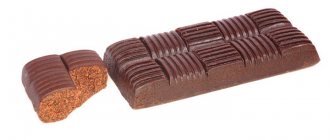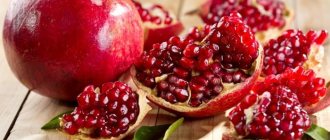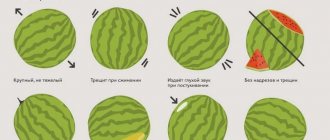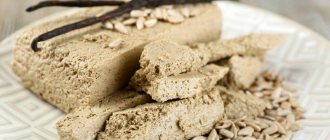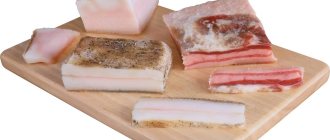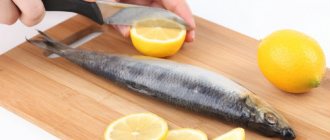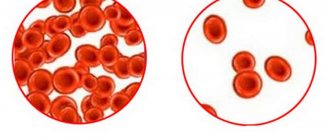The benefits of corn
Corn strengthens the immune system and saturates the body with energy, gives vigor and strength, normalizes blood pressure and strengthens the walls of blood vessels. Cereals are a good preventative against constipation and remove bile from the body. Corn gives strength to the baby, promotes normal growth and development, improves digestion and helps to quickly adapt to new conditions.
In addition, the product saturates the mother’s body with vitamins and minerals, the lack of which is especially felt after childbirth. It is important that corn does not contain gluten or lactose, which is important when breastfeeding. Cereal does not cause allergies or other negative reactions in either children or adults.
Corn porridge is healthy and hypoallergenic, so this dish can be eaten already in the second month after childbirth. However, in the first six months of lactation, pediatricians recommend consuming porridge with water, since milk contains dangerous cow protein. Gradually dilute the water with milk and completely switch to milk porridge by 6-7 months. By the way, it is corn porridge with water that is given to infants as their first complementary food.
If the baby tolerates grains normally, corn puree, corn flakes and baked goods made from corn flour can be introduced into the nursing mother's diet. However, you need to eat such foods in limited quantities, since excess food and overeating lead to increased gas formation and colic in infants. But corn sticks and canned corn should be excluded from the menu.
Benefit
The product in question can be called useful only if corn flour is used as the basis for its production. It is she who has a positive impact. As mentioned above, derivatives of the type of grain in question help with intestinal function, therefore they are used as the first complementary food during lactation. But the addition of various chemical flavors and sweeteners makes the product dangerous. There are frequent cases of the development of an allergic reaction in adults - skin rashes, swollen lymph nodes, attacks of suffocation.
During breastfeeding, chemicals quickly penetrate into mother's milk, so they quickly begin to be processed by the baby's body.
This is important: If a young mother wants something sweet, she should start with oatmeal cookies or biscuits, which she prepared herself. You should also eat sweets after breastfeeding to maximally prevent the penetration of harmful substances into the baby's body.
The benefits and harms of corn flakes
Corn flakes contain a lot of useful elements, including vitamins A and E, niacin, magnesium and zinc, sodium and others. This product has a positive effect on digestion, normalizes metabolism, stimulates brain function and improves memory.
The cereal contains tryptophan, which produces the main hormone of joy - serotonin. Eating cereal will improve your mood, give you vigor and strength, and fill your body with energy. The starch in the product ensures normal growth of the child and preserves nerve cells.
Corn contains large amounts of fiber, which stimulates the intestines and improves digestion. But at the same time, fiber increases gas formation, which causes severe colic in infants. Therefore, during lactation, foods high in fiber can be consumed, but in limited quantities.
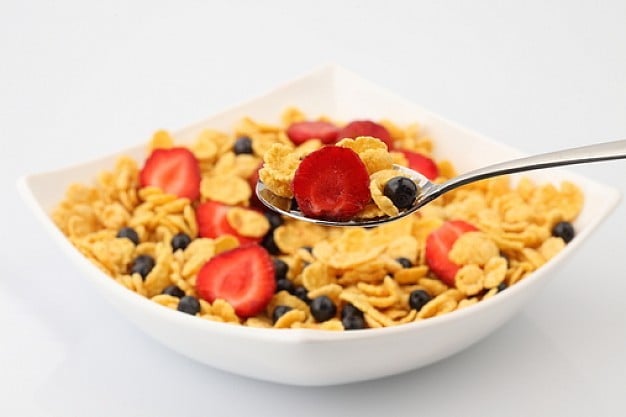
Features of eating corn-based products
If there are no contraindications to eating corn, it is best to add boiled grains to different dishes. A mother who is breastfeeding can use the following recipes:
- Salad. Boil 1 chicken fillet, 100 g corn, 200 g rice until tender. Cut the chicken into small pieces, mix all the ingredients, add salt to taste, pour in 0.5 tsp. vegetable oil.
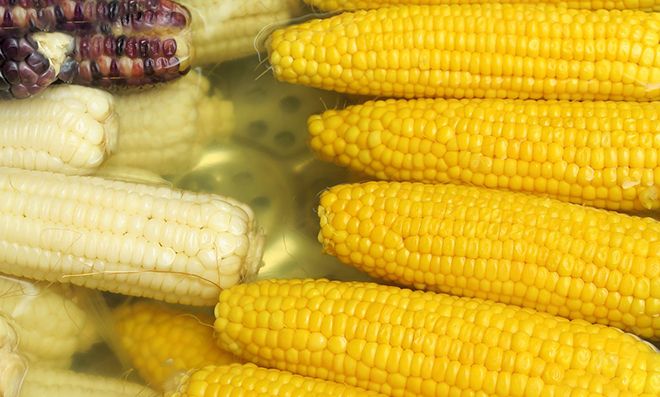
- Soup. Boil 400 g of beef or chicken meat and remove it. Put chopped potatoes (2 pcs.) and carrots (1 pc.) into the broth and add 300 g of corn grains. Fry 1 onion with slices of 3 tomatoes. Add the roast to the soup and bring it to a boil. When serving, add finely chopped herbs to the plate.
- Stewed vegetables with chicken and rice. Fry the meat, boil the rice. Add chopped tomatoes, bell peppers, some corn kernels and rice to the meat in a saucepan and simmer under the lid for another half hour.
We recommend that you read the Medicinal properties and contraindications of St. John's wort
Such dishes will not harm the child’s health if he does not have allergies and the gastrointestinal tract functions normally.
Boiled corn
Boiled corn is not harmful to a nursing mother, so it can be eaten in the first weeks of a baby’s life. However, you should start with a minimal amount to check the reaction of the baby's gastrointestinal tract.
If the child’s body reacts normally on the first day, the product can be introduced into the diet. It is recommended to eat no more than 2 medium cobs per week.
If the child feels well, but the mother experiences discomfort in the stomach, grains should be temporarily excluded from the diet.
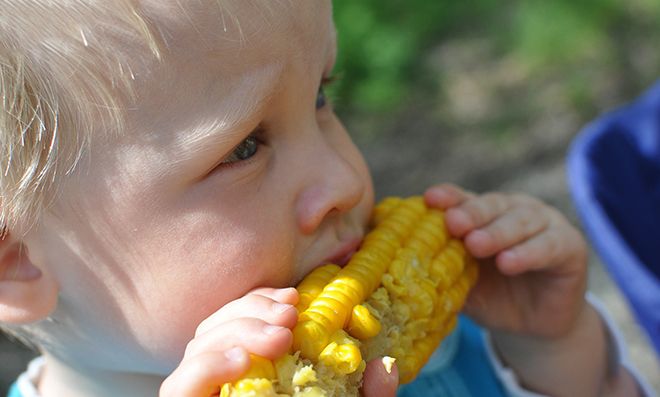
Canned corn
It is impossible to say for sure whether canned corn is useful for breastfeeding. Modern canned food contains unnatural additives to change the taste and aroma of the product and increase its shelf life. Such food will not benefit the mother, and if it enters the baby’s body during breastfeeding, it will cause diarrhea.
The jar is also important.
If it is tin, there should be no scratches or any other damage on the inside. However, you can only see this by uncorking the jar. Unprotected metal reacts with brine, forming substances hazardous to health.
Thus, during lactation, it is better for a woman to consume only home-canned product, which is prepared according to the following algorithm:
- Pour water over the cobs and place on low heat;
- remove all grains from the fruit;
- bring 0.5 liters of water to a boil;
- pour 15 g of sugar into the prepared jars, add a pinch of citric acid and 0.5 tsp. salt;
- pour boiled water over the grains and spices;
- Sterilize the jars for a quarter of an hour, roll them up and put them in a warm place for 2 days.
You can eat no more than 2 tsp per day.
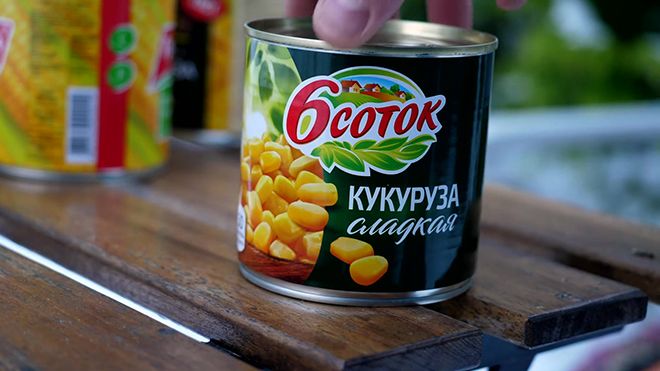
Corn porridge
Many people are interested in whether a nursing mother can eat corn porridge. Since this dish is hypoallergenic, a woman can include it in her menu in the first month after giving birth. However, such food leads to weight gain. If a woman has experienced a significant increase in body weight during pregnancy, it is better to avoid this product.
When choosing porridge for children, it is recommended to give preference to products from companies that produce baby food. You should carefully study the composition - the product should not contain synthetic and allergenic additives.
Dairy-free cereals may contain gluten. This is because this product is made on the same equipment as gluten-containing cereals. If a child is allergic to this component, you need to purchase food marked “hypoallergenic” and only from companies you can trust. Manufacturers who care about their reputation, such as Nestlé, indicate information about the presence of gluten on the box.
We recommend that you read: Using turmeric as a medicine
Corn sticks
Corn sticks contain a lot of calories and are made not only from flour, but also with the addition of unhealthy impurities. They do not bring any benefit, so it is not recommended to eat them during lactation. In addition, eating chopsticks can lead to poor digestion and cause an allergic reaction. Sweet sticks are considered especially harmful.
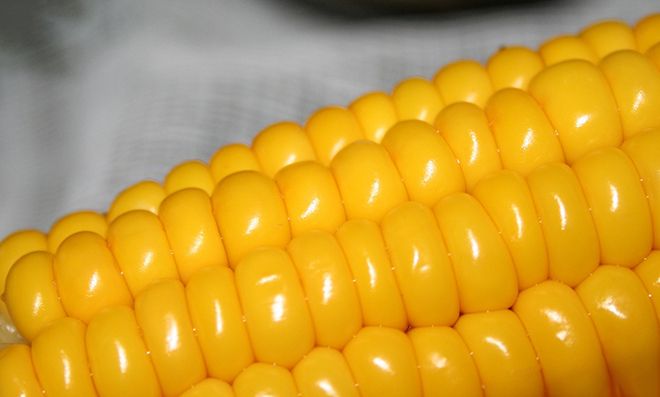
Cornflakes
Corn flakes are a healthy food that contains chemical elements necessary for life, vitamins, and ɑ-aminopropionic acid. It also contains dietary fiber and starch, which promote the growth of the body, but have a negative effect on the functioning of the gastrointestinal tract. For this reason, cereal should be consumed in small quantities.
A nursing mother must adhere to the following rules:
- purchase flakes without additives and unglazed;
- consume between main meals as a snack;
- It is allowed to be introduced into the diet in the 4th month after birth.
If you have an allergic reaction to milk, the cereal should be diluted with water or consumed dry.
Rules for using flakes for breastfeeding
- If breastfeeding, only uncoated corn flakes can be consumed. Please note that the glazed product contains preservatives and dyes that cause allergies, intestinal problems, and sometimes allergies;
- Do not eat cereal with additives! Today the market offers a product with the addition of honey and chocolate. These additives increase the calorie content of the cereal and often cause a rash in infants;
- Remember that cereal is not considered a dietary food. They contain butter, sugar and flour. Therefore, regular consumption of cereal will lead to excess weight;
- Do not eat cereal on an empty stomach. Nutritionists recommend using cereal as a light snack, for example, for an afternoon snack or second breakfast;
- It is recommended to introduce cereal into the diet no earlier than 3-4 months after the birth of the baby. For the first time, try one or two tablespoons of the product in the morning. Observe the baby's reaction for two days. If your health worsens, eliminate the product from your diet for at least a month;
- If there is no negative reaction, you can increase the portion. But don't overeat! The dosage of flakes is 70-100 grams at a time. You should not use the product more than twice a week. This will avoid stomach and baby upsets and weight gain for the mother;
- Dilute the cereal with regular hot water, do not use cow's milk or tea. To enhance the taste, you can add dried fruits, allowed fresh fruits and berries. For a list of permitted and prohibited foods during breastfeeding, see the link https://vskormi.ru/mama/razreshennie-produkti-pri-grudnom-vskarmlivanii/.
Norms of corn in the diet
Any product, even healthy corn porridge, can cause unpleasant consequences if consumed in excess. Follow the recommendations of pediatricians:
- Consume boiled when the baby is at least six months old. Start with a third of the cob, wash and boil well before doing this. It is better to choose young cereals with soft grains - they are better absorbed and do not damage the intestinal mucosa.
- You can eat porridge immediately after leaving the hospital, but do not overdo it with butter and sugar. In the first month, it is better to cook the dish in water.
- Cereals and sticks - high-quality, without palm oil and excessive sugar content - can also be included in the menu from 4-6 months of a baby’s life. Choose without chocolate or fruit coating, plain or covered in powdered sugar.
- Homemade popcorn can be consumed 50-100 grams at a time (starting, as usual, with 5-10 grams) from the 4th month of breastfeeding. Do not add salt or sugar unnecessarily.
Why are corn sticks dangerous for a nursing mother?
Corn sticks contain artificial and chemical additives, including flavorings, flavor enhancers, vegetable protein and other harmful substances. The main ingredient of such a product is boiled corn grain without shell, and not corn flour. The sticks contain virtually no dietary fiber, vitamins and minerals.
To prepare the sticks, the grain is dipped in a solution with salt, then various chemicals are added. The mass is squeezed out at high temperature and dried. After such heat treatment, corn loses all its beneficial properties.
Note that corn sticks are a high-calorie product with a high carbohydrate content, which leads to excess weight. In addition, it causes an allergic reaction and impairs digestion in infants.
Corn sticks should not be consumed by people with diabetes, those who are prone to excess weight, or those with intestinal and stomach diseases.
The use of this product is not recommended for children, pregnant and lactating women. Subscribe to our VKontakte group
How interesting it is to use corn in a nursing mother's menu
By combining corn with other products, a nursing mother can interestingly diversify her diet. You can pay attention to the following options.
Chicken soup with corn
Ingredients:
- 300 g chicken breast.
- 2 potatoes.
- 1 medium carrot.
- 1 small onion.
- 2 ears of corn.
- Salt and herbs to taste.
Preparation:
- Boil the chicken and remove from the broth.
- Separate the corn kernels from the cobs and pour into the broth. Add finely chopped potatoes, carrots and onions there. Cook for 20 minutes.
- Separate the cooled meat from the bone, cut it and put it in the soup.
- One minute before it’s ready, add the herbs to the soup.
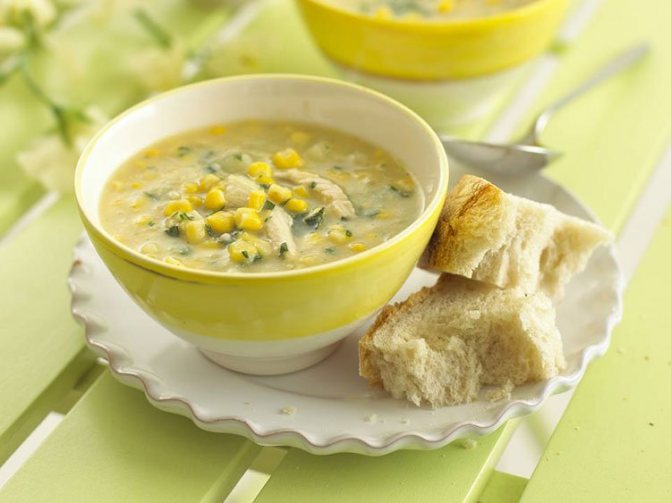
Chicken and corn are always a good combination
Why is this product necessary for nursing mothers?
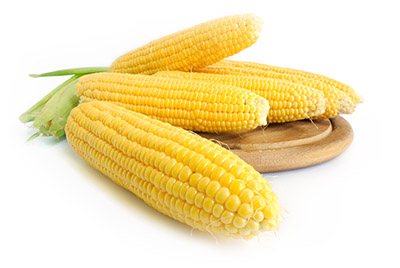
Despite the restrictions in a mother’s diet while breastfeeding, she cannot do without foods rich in healthy vitamins and microelements. Corn is exactly the grain that can and even should be consumed if you prefer to feed your child naturally.
- prevention of constipation;
- normalizes blood pressure, strengthens the walls of blood vessels;
- stimulates bile excretion;
- helps the body recover faster after pregnancy and childbirth;
- increases hemoglobin;
- increases muscle growth, which is beneficial for babies;
- relieves inflammation of the genitourinary system;
- does not affect the taste of mother's milk, while saturating it with vitamins.
Let's explore the question: Carrots and breastfeeding
You can consume this cereal regularly while breastfeeding. Even among allergy sufferers, cases of intolerance, rashes and unwanted reactions of the body have not been recorded. Despite the benefits of cereal, it is not recommended to consume it in too large quantities, as this can cause colic, bloating and gas formation in children.
